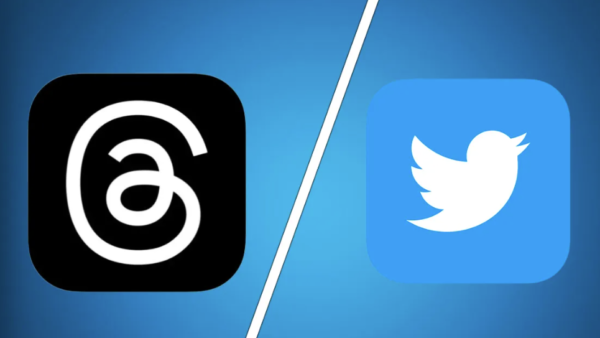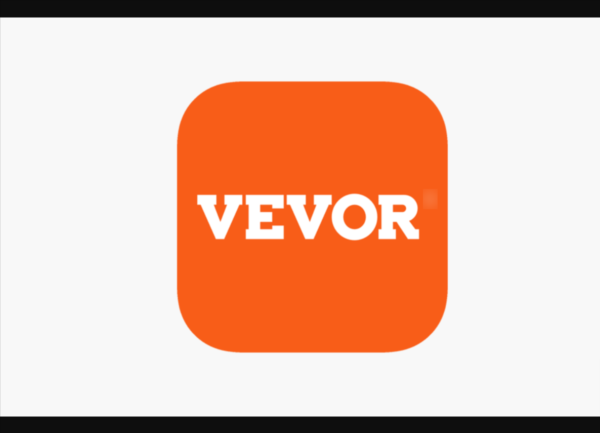Meta Platforms Inc., led by the billionaire Mark Zuckerberg, has seized the opportunity presented by Twitter’s recent challenges to unveil Threads, a text-based conversation app that poses a potential challenge to Twitter’s dominance. Leveraging its substantial user base, financial resources, and integration with Instagram, Threads emerges as a compelling alternative to Twitter’s platform.
Exploring Threads: Features and Functionality
Threads operates as a text-based conversation app akin to Twitter, allowing users to share real-time text updates with their followers, who can engage through likes, replies, and shares. The app facilitates a seamless transition for Meta’s extensive user base of over 2 billion from Instagram, as users can import follower lists and account names.
Availability and Constraints of Threads
Meta plans a global rollout of Threads, excluding the 27-nation European Union due to regulatory concerns regarding data sharing between Threads and Instagram. The company awaits guidance on the EU’s Digital Markets Act, which restricts the amalgamation of personal data across diverse platforms. Currently accessible through the Apple App Store and Google Play Store on iPhone and Android devices, Threads lacks a desktop version or web browser access at launch.
Integration with Instagram and Account Administration
Threads tightly integrates with Instagram, leading to the deletion of the associated Instagram account upon Threads account deletion. Blocking an account on Threads will have a parallel effect on Instagram. Instagram users adopting Threads receive a Threads badge on their Instagram account, signifying their early adoption.
Meta’s Objective: Challenging Twitter’s Influence
Meta’s goal with Threads is explicit—to draw Twitter users to its platform. Mark Zuckerberg has emphasized the necessity for a public conversations app with over a billion users, highlighting Twitter’s failure in this regard. Meta aspires to provide creators and public figures a well-managed platform, subtly alluding to Elon Musk’s controversial tenure as Twitter’s owner since October 2022.
Twitter’s Hurdles Under Musk’s Ownership
Since Elon Musk’s acquisition of Twitter, the platform has grappled with technical glitches, content moderation issues, and controversies surrounding Musk’s stance on “free speech absolutism.” Temporary restrictions on daily tweet views were imposed to combat data scrapers and bots. Financially, Twitter faced challenges, witnessing a 50% decline in advertising revenue and substantial employee layoffs. European Union regulatory bodies have demanded enhanced efforts from Twitter to address sensitive content and disinformation.
User Migration and the Emergence of Alternatives
Prominent figures like Oprah Winfrey and Elton John abandoned Twitter following Musk’s takeover, leading to increased adoption of alternative platforms such as Mastodon and Bluesky Social. Mastodon, an open-source social network, saw its user base grow from 9 million to over 13 million accounts since Musk’s arrival. However, none of these alternatives match the scale and influence of Meta’s Instagram, boasting over 2 billion monthly active users.
Decentralization Plans for Threads
Meta has hinted at future versions of Threads embracing decentralization through collaboration with the “fediverse,” a technology concept facilitating interoperability between social media platforms. Threads’ integration with ActivityPub, a primary decentralized social media protocol, aligns with Meta’s vision for a more open and connected online ecosystem.
The Verdict: Can Threads Disrupt Twitter’s Dominance?
The potential for Threads to disrupt Twitter’s dominance remains uncertain. Analyst opinions are mixed, with some suggesting that Meta’s Threads could capture substantial consumer engagement and advertisement budgets, particularly if Meta addresses misinformation actively. Conversely, some view Meta’s branding as more informal compared to Twitter’s, generating skepticism regarding its potential for complete disruption.





